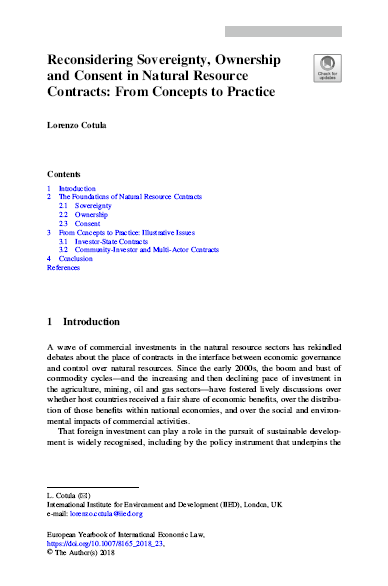Caste and land productivity in rural Nepal
This paper looks for the possible explanations for the land productivity differential between high caste and low caste farm households in Nepal. The paper indicates that caste position still plays a vital role in rural areas of Nepal.The paper finds that: land productivity is higher among low caste households. However, in case of owner-operated plots, the land productivity differential between low caste and high caste is found to be insignificant after controlling for land quality and household characteristics. This difference remains highly significant in case of rented in plots.





